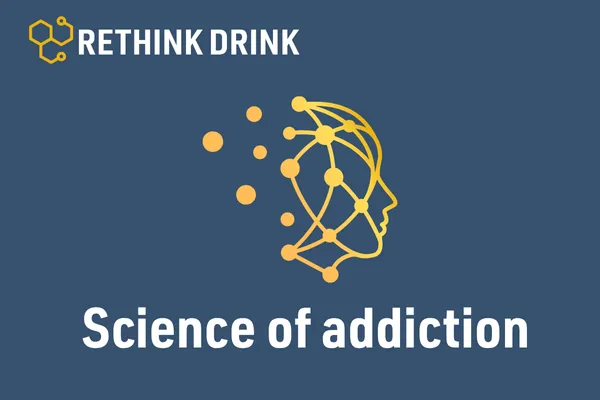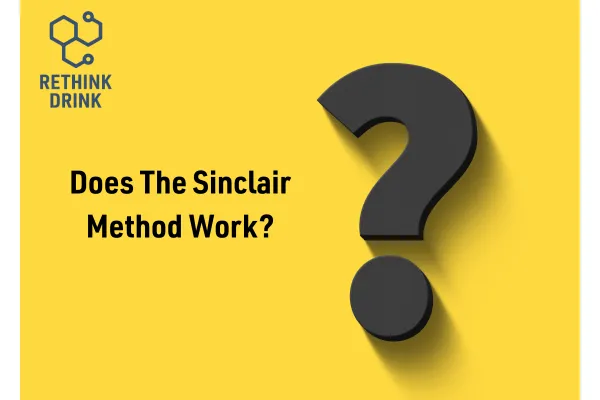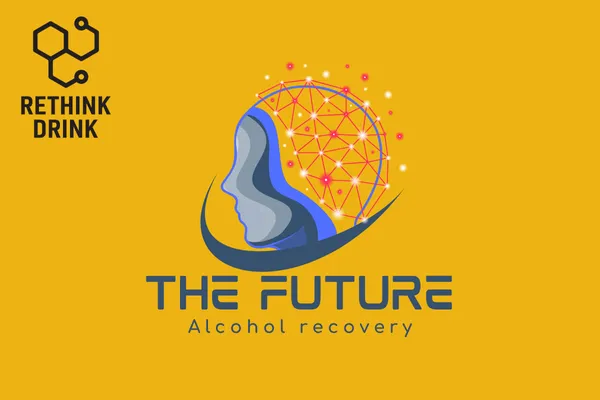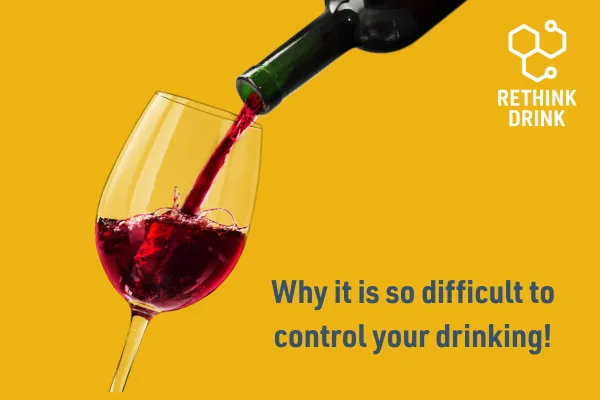Sinclair Method Studies
This article examines the scientific foundation behind TSM, drawing on nearly three decades of peer‑reviewed trials, neuroimaging research, and systematic reviews.

Alcohol has long been used to numb, to celebrate, and to escape—the story quickly turns from one of choice to compulsion. Traditional recovery methods often push for immediate abstinence, yet many find this approach unsustainable.

The Sinclair Method (TSM) is a medication-based treatment for Alcohol Use Disorder (AUD) that allows individuals to continue drinking while retraining their brain’s response to alcohol. The cornerstone of this method is naltrexone, an opioid blocker that dulls the endorphin rush typically triggered by alcohol.

Traditionally, the path to recovery has been abstinence — quitting entirely, often with the support of meetings, rehab, or willpower alone. But what if you’re not ready to stop completely? What if your brain isn’t letting go that easily? Enter the Sinclair Method — a medically proven alternative that’s changing how we view and treat alcohol dependency.

As we look ahead, it’s clear that the future of alcohol recovery lies not in outdated models driven by guilt and willpower, but in compassionate, scientific advancements that address alcohol use disorder (AUD) at its neurological roots.

Many of us assume that stopping drinking is simply about self-control. But if you've ever tried to cut down—or stop entirely—you'll know it's not that simple. It often feels like you're fighting your own brain. And in many ways, that’s exactly what’s happening.

The Sinclair Method (TSM) is a medically supervised treatment for Alcohol Use Disorder (AUD) that utilises the opioid-blocking medication naltrexone. This treatment works by weakening the association between alcohol and the brain’s reward system. Naltrexone is taken one hour before drinking, blocking endorphins that would normally reinforce the behaviour.
The Sunday Reset
Every Sunday, we share a 2-minute insight into the logic of the Sinclair Method.
Join thousands of others for our weekly newsletter and change how you see the problem,
because when you change the way you look at things, the things you look at change.
… There’s a reason we’re called Rethink Drink!
